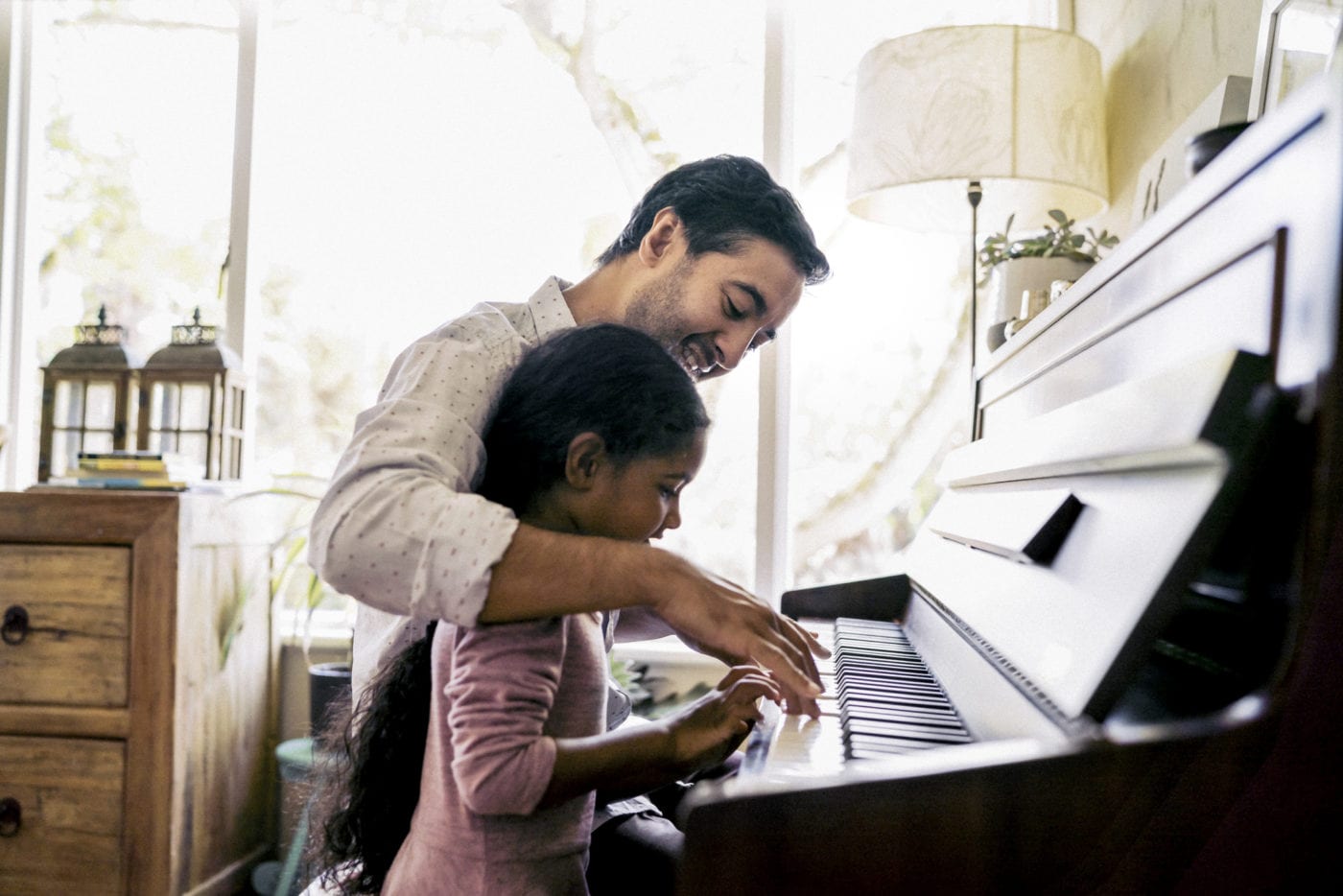One morning, I was up making coffee and could hear my sons screaming upstairs. I paused to find out what had happened and realized they were arguing over a lightsaber they found at the park. I separated them and told them they were not allowed to play with it again for the rest of the day. Then I left for work.
When I got home, I heard the boys screaming again. This time, they were full-on fighting about the lightsaber. I walked into the room and with a deep voice, shouted: “STOP IT!” As I screamed, both cowered in fear. I took the toy, broke it on my knee, and threw it in the trash. I felt immediate guilt. Siblings are going to fight—it’s part of life and development. I knew I blew this situation. I told myself that day that I would improve. Here are 5 better ways to react to kids’ fighting.
1. Stay calm.
While I want to yell to make my kids stop immediately, staying calm is the best thing you can do to help resolve the conflict. Cooler heads prevail and how you show emotional restraint will help defuse the situation quicker. When you lose your cool, your kids learn to lose their cool, too. Instead, separate the fighters and let them calm down before you start talking.
2. Get the facts.
As the conflict manager in your home, you need to get the facts. Do your best to maneuver through the emotions to find out what happened. Don’t simply ask what happened. Ask if each kid is OK. By asking this question, you are not focusing on the situation. You are giving your attention to your child’s heart in that moment. After that, get the details.
3. Don’t focus on who started it.
Most dads want to fix the situation as soon as possible. We start with who started what and go from there. But who started it is the wrong issue. Focusing on who started it only resolves one part of the conflict. There may be more to it. It’s possible that the fighting is really rooted in a child’s stress over something that happened at school, at practice, or in an earlier encounter with you.
4. Show consistency.
When you are stable, you create a safe, secure environment for your kids to express what they’re feeling.It is important to be consistent in your reactions, as hard as this may be sometimes. Consistency shows authority and that you are in charge. Consistency shows stability when your kids may be feeling fear and anxiety. When you are stable, you create a safe, secure environment for your kids to express what they’re feeling.
5. Discipline appropriately.
If your kids are fighting over a real issue that needs discipline, make sure your discipline is appropriate. Don’t let your emotions get the best of you. In reality, you may go over the top with discipline like I did when I broke and tossed the lightsaber. When this happens, don’t be afraid to go back to your kids when you’re calm and make it right with an apology. I once told my son that he had to stay in his bed all day because he yelled at his sister. That happened at 8:30 in the morning. By 9:30, I realized I took it a little too far and showed him what grace meant.
Sound off: What, for you, is the most difficult part of disciplining after you find your kids fighting?











Huddle up with your kids and ask, “What can you do differently when you start to feel a fight with your sibling coming on?”